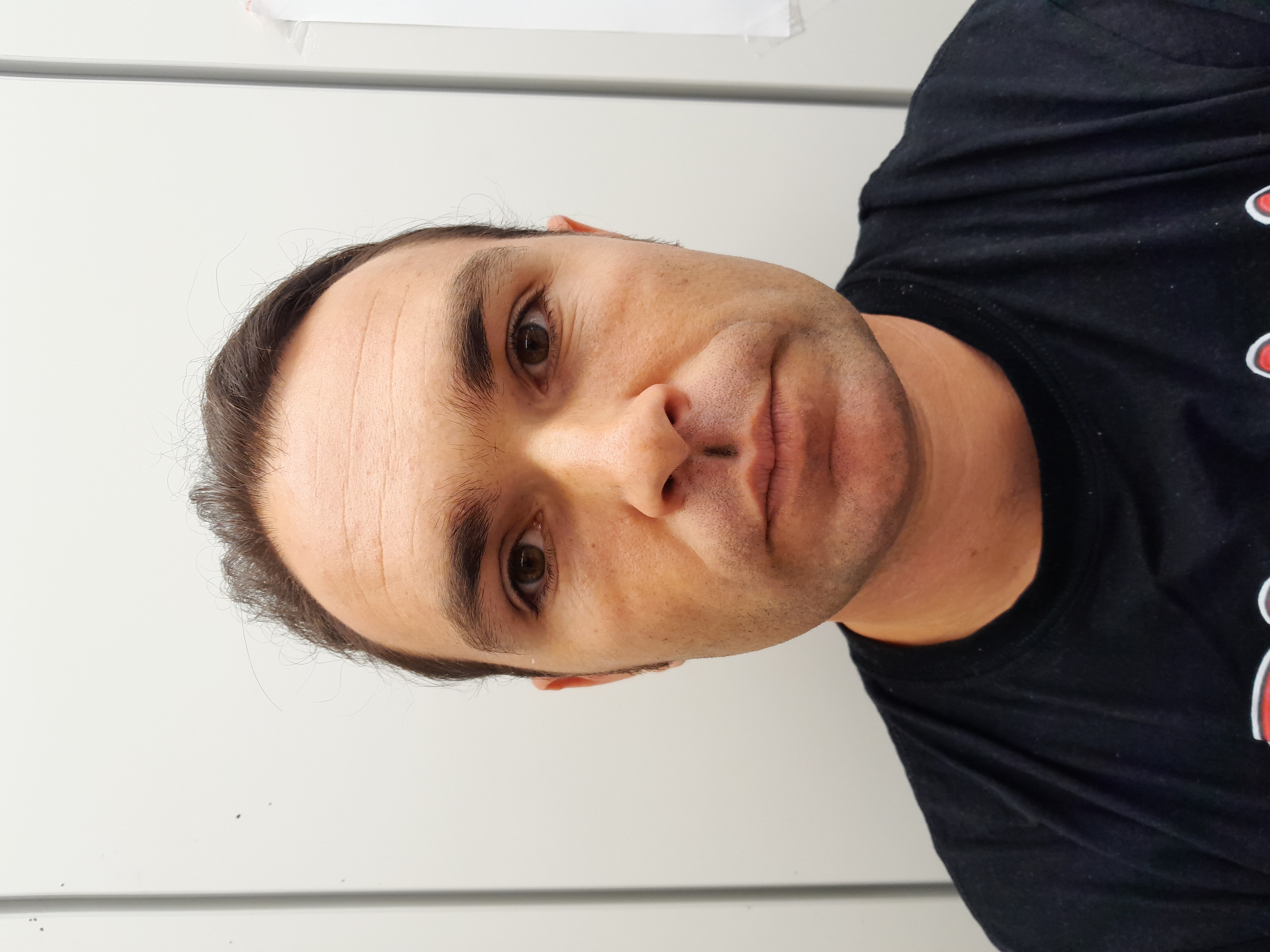Dr. Uros Ljubobratovic - MATE Research
Overview
Dr. Uros Ljubobratovic's main expertise involves fish reproduction and larviculture. Thus, he mainly deals with pikeperch, and to some extent with sturgeon and largemouth bass. Initially, his research was focused on the development of protocols for artificial reproduction of farmed pikeperch while later on his focus widened on the management of entire reproduction cycle in farmed conditions, both outdoor and indoor. Finally, by widening the circle of collaborating scientists, he included the usage of in vitro oocyte maturation methods, thus assessing the development of oocyte maturation competence considering different thermal, nutritional and population background of fish. Besides his main topics, via managing, collaborative and supervising activity, Uros is engaged in various tasks of intensive aquaculture. Thus, he has dealt with the effect of nutrition and environment on the development of fish larvae and juveniles as well as the intensification of pond aquaculture. In addition to publishing in scientific journals, his results and methods are applied on various pikeperch farms across Europe.
Research keywords:
Publications
Fish reproduction
Predicting population's oocyte maturation competence and evaluating individual's latency time using in vitro oocyte maturation in pikeperch (Sander lucioperca)
Optimizing the gonadoliberin dosage and evaluating the egg quality in the preseason and seasonal artificial reproduction of pond-reared sterlet Acipenser ruthenus
Fish larviculture
Pike-perch larvae growth in response to administration of lactobacilli-enriched inert feed during first feeding
The effect of live and inert feed treatment with lactobacilli on weaning success in intensively reared pike-perch larvae
Projects
In vitro oocyte maturation dynamics in pikeperch (Sander lucioperca)
In vitro oocyte maturation is a technique with a wide scientific interest. Likewise, it is a technique of great significance for studies on fish reproduction biology. Concerning the increasing number of endangered fish species, this topic becomes highlighted among fish conservation biologists. On the other hand, aquaculture production becomes a necessity to fulfill human demands, especially in the case of fish with flesh quality sought by the consumers. Among these species is pikeperch which capture declines rapidly in recent decades. Rearing of this species is often described as difficult, while its nature stressful. Therefore, to improve the research outputs in pikeperch, the methodology needs to consider these issues. Due to low efficacy, a high number of specimens are often required for research and it contradicts the animal welfare guidelines. Therefore, in vitro techniques are recently more often used tools to either fully exclude the animals from the study, or, to reduce their numbers. Nevertheless, to develop a reliable in vitro method, it is necessary to make a comparative study in vivo. Therefore, this project aims to develop a non-invasive research method to study the reproductive biology of new species of wide interest. It will better understand the process of oocyte maturation, thus improving the overall knowledge of the scientific community working on this species. Finally, we aim to develop an animal-friendly protocol that would assist both researchers and farmers to more precisely define either the optimal moment or specimens for artificial reproduction. To summarize, this study aims to enhance research, knowledge, and farming practices in pikeperch.
http://nyilvanos.otka-palyazat.hu/index.php?menuid=930&lang=EN&num=139053
AQUAculture infrastructures for EXCELlence in EUropean fish research 3.0
EU-funded AQUAEXCEL3.0 aims to further boost the European aquaculture sector, building on previous AQUAEXCEL and AQUAEXCEL2020 projects. Integrating 40 top-class research facilities from biology to technology in all types of rearing systems, and covering all major EU farmed species and promising new species, it will expand access to high-quality services and resources. Through a strong partnership, the project will boost excellent research and sustainable innovation for both public and private sectors working in aquaculture. The 3Rs (reduction, refinement and replacement) are key to this project, which will provide research and industry with new services focused on their needs. The enhanced scope includes shellfish, macroalgae and recyclers (insects, marine worms) to move towards a more sustainable and circular aquaculture.





